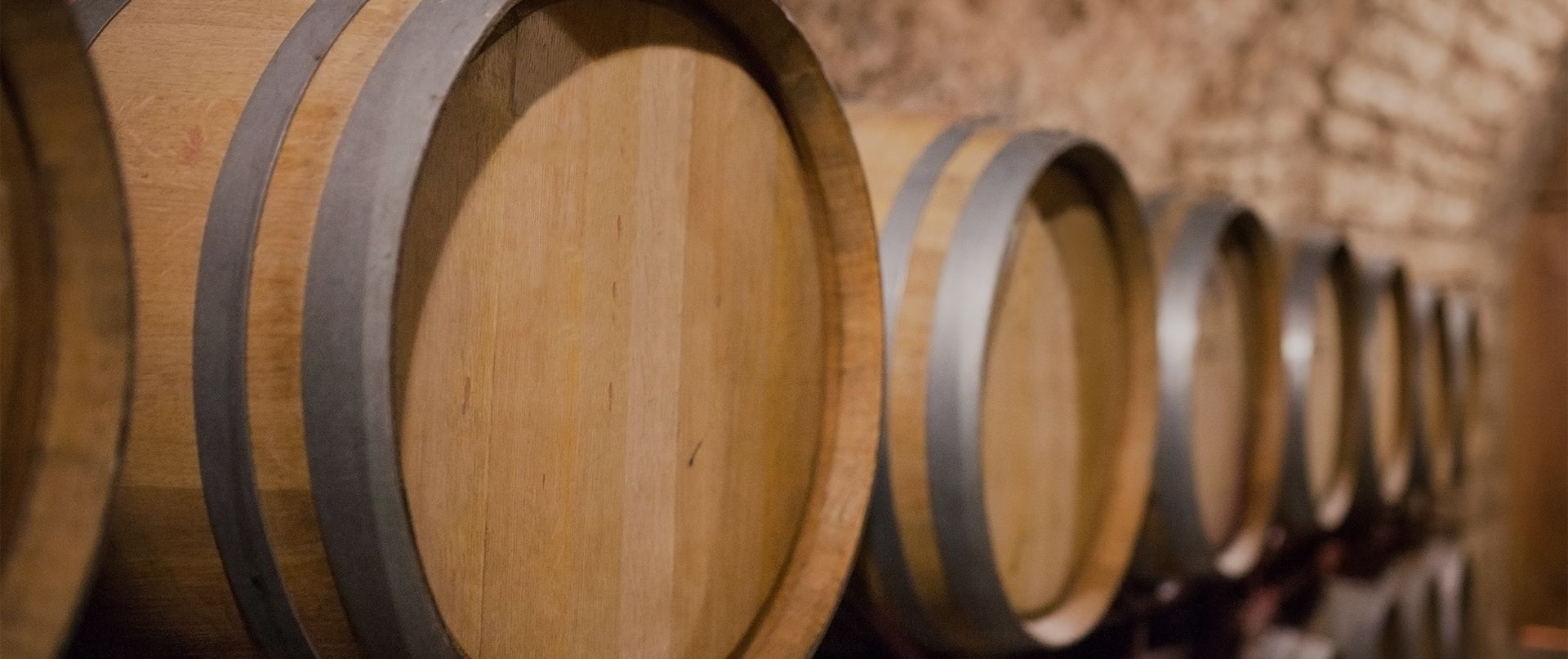

The risks associated with the activity of cooperages and stave mills are significant. In addition to wood dust, pollutants emitted during the heating process, for example, must be controlled. This is where NEU-JKF Wood Industry's know-how can help. Years of experience in this sector have made NEU-JKF Wood Industry a reliable partner.
The cooper makes barrels. He works in a cooperage and obtains his wood from a stave mill. The stave mill is the activity that consists of producing staves, i.e. rectangular slats made by splitting wood. Stave wood is the cooper's main raw material. After delivery to the cooperage, the staves are stored outside to ensure the maturation phase. This operation dries the wood but also eliminates the tannins. This is followed by the machining stage. This involves cutting the staves to length, planing and machining the edges. At the same time, the bottoms and hoops are manufactured in other parts of the workshops (planing, assembly, sanding and possibly heating). The drums are then assembled by bending. Next comes the drilling and burning of the bung hole, the positioning of the drum bottoms, and the scalding. This last stage consists of putting hot water into the barrel to test its watertightness and to rinse the barrel. The final operations are then carried out: sanding of the shells, bottoms, strapping.
In this sector of activity, pollution is varied and comes mainly from:
- Braziers used to heat barrels, particularly benzopyrene, a pollutant released by the combustion of wood
- The installation for burning the bung hole of the barrels
- The furnace used to heat the bottoms
- Laser marking of the drums
- Dust emissions from the various woodworking activities
There are also risks:
- Fire due to the large masses of combustible products (staves, drums, tanks, etc.).
- Dust explosion in the dusty air pipes, the filter and the sawdust storage silo
The cooperage and stave industry, like any other industry, has problems with dust removal, but also with the evacuation of smoke, solvents, calories, etc...
In its range of solutions, NEU-JKF Wood Industry offers, among others:
- Suction of smoke from the heating room
- Dust removal from woodworking machines
- Dust extraction on sanding stations
By equipping your workshops with an extraction system or industrial dust collector designed by NEU-JKF Wood Industry, you protect your employees' health from wood dust, improve the quality of your production and preserve the longevity of your equipment.
The hot air flows disperse the pollutants released during the heating process. With this system, operators are better protected, stratification is eliminated and the room is less exposed to dirt. Roof top extraction does not cause dirt, no noise pollution in the hoods and is easy to maintain.
There are different solutions for both automatic and manual sanding. For stave sanding, the dust is collected and extracted by the general dust extraction system. For manual sanding, a laminar flow cabinet connected to the general extraction system, or the connection of portable sanders to a high vacuum unit located outside and which can also be used for floor cleaning
The machines used generate dust, sawdust and shavings which are sucked up as close as possible to the point of their release by specific collectors. The transport to the dust collector is ensured by well balanced piping networks. The dust collector designed and patented by NEU-JKF Wood Industry provides effective filtration of fine dust, with numerous advantages: reduced energy consumption, vacuum operation, reduced space requirements, use of a high-efficiency fan. This equipment is in full compliance with the ATEX directive.